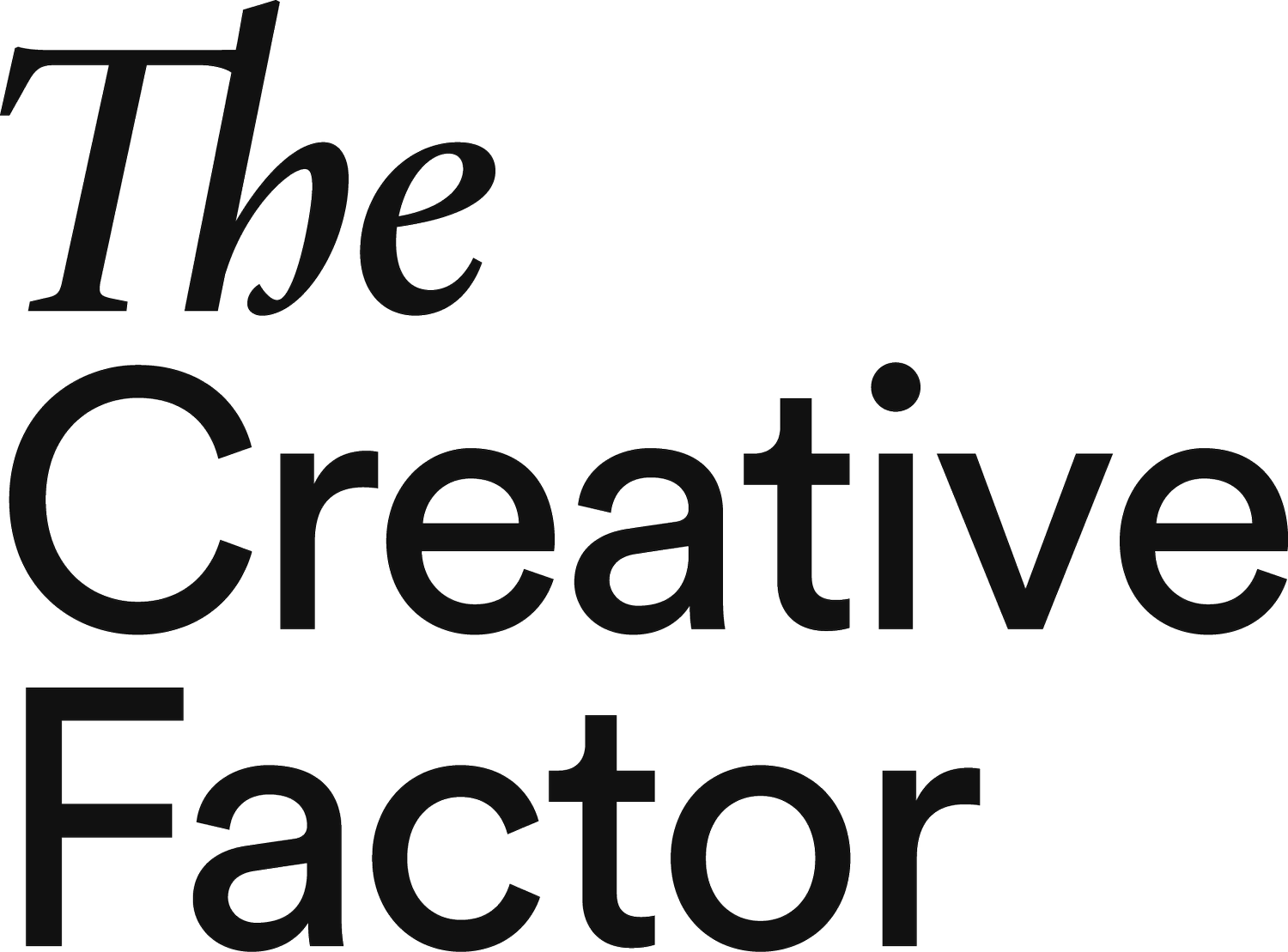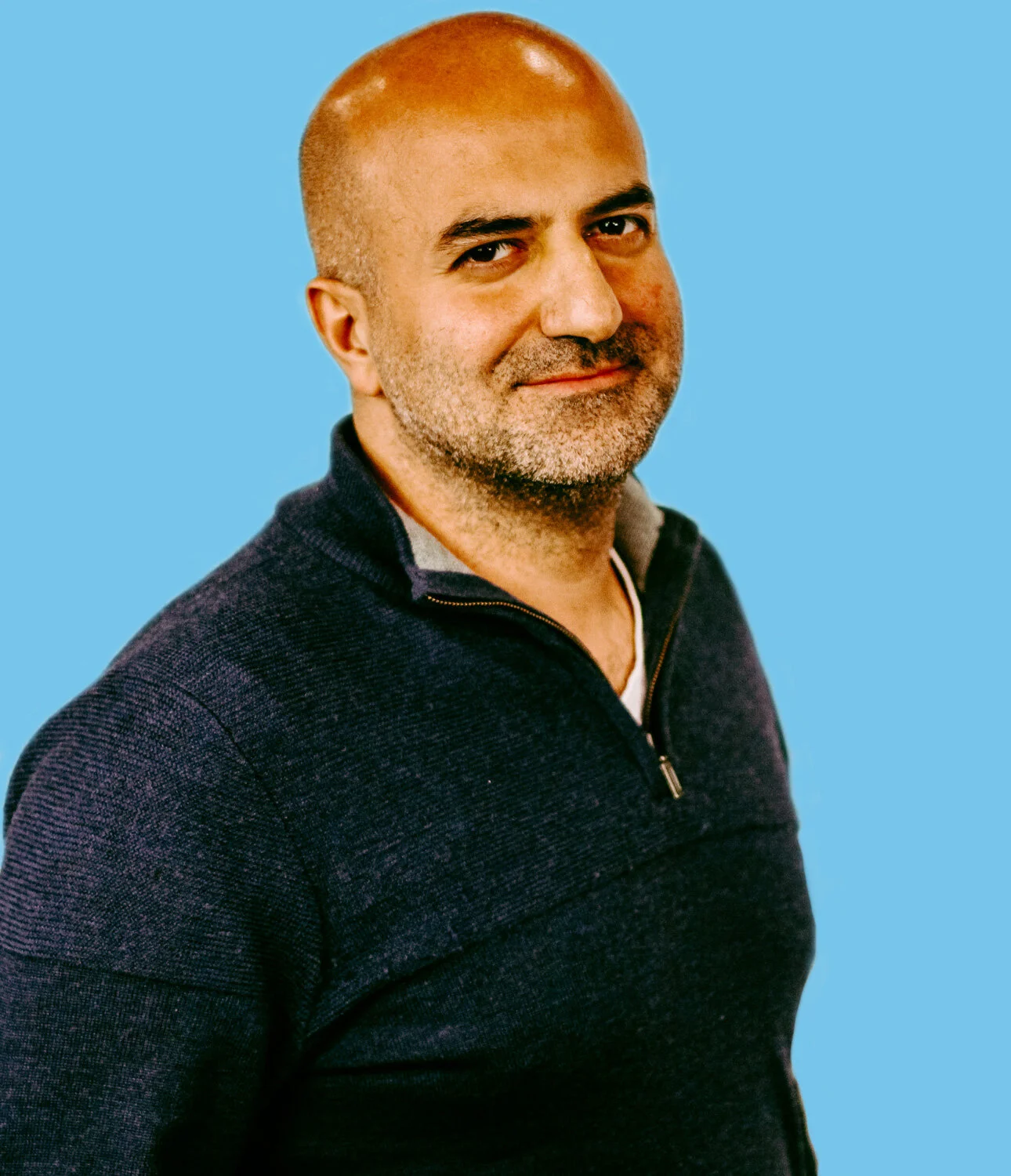
Is Now the Time to Start a Venture?
Periods of uncertainty favor the clever and agile, says WatchMojo CEO Ashkan Karbasfrooshan.
/ JULY 03, 2020
Here at The Creative Factor, we believe in ownership. We also recognize the need for a different type of start-up playbook. We need one that prioritizes building humane and effective companies. One that puts purpose on par with profits.
So we’re kicking off a new interview series where we talk to bright entrepreneurial minds about the strategies behind their ventures—insights that we’re certainly borrowing. First up is Ashkan Karbasfrooshan, CEO of WatchMojo who describes his Montreal-based company’s journey as a ‘10-year-over night success’. During this time, Karbasfrooshan was rejected by more than 100 venture capitalists. Where did that get him? To an independent, profitable, 40-person digital media company that has 28 million subscribers on YouTube—one of the largest channels on the platform.
Karbasfrooshan leads a rare media company that is hiring these days. And he feels he’s not the only one who should go on offense. Read why Karbasfrooshan believes now is a good time to take a business leap, where creators can stand out in start-up land, and the biggest trap to avoid.
We’re in a recession in the U.S. Why would now be a good time to start a creative company?
If you look at it empirically, some of the most standout businesses have started when there was a shock, some kind of dramatic disruption period. The reason for that is that if you are working at any established company right now, you are reevaluating everything.
If you're Disney and you're big, that's bad. You thought you had diversified across your core competencies—movies, TV shows, theme parks, cruises—and now you’re kind of frozen. Disney will come back, but right now you’re not necessarily thinking about innovation—you’re in a fog of war.
Let's go more to the middle of the path. If you are a company, such as Vice or Buzzfeed, these companies were programmed to raise a lot of venture capital to try and scale. Capital as a strategy. Throw money at everything, chase revenue, and ask questions later.
If all of a sudden you have to stop and pivot to embracing the bottom line, your culture is not built around that. It’s hard for those companies to be as efficient as smaller, more agile companies. These times favor those who are clever and agile.
You describe yourself as a storyteller entrepreneur. What’s the difference between your creative-driven approach compared to more of the tech-driven entrepreneurs?
In general, based on my experience, the technology, entrepreneurs are more drawn to where investors are focused. Where can I build like a unicorn? They going to be a bit more transactional, for lack of better word, around how to deploy their skill set around that means to an end.
Whereas the creative entrepreneur is historically more detached from who raised what valuation. Part of that is because they recognize it’s a longer trip, and they have a different end game.
As per the end game, success is fluid, relative and subjective. So admittedly, why an entrepreneur strikes out on his own may stay constant (i.e. be in control of his/her destiny) but how they achieve that and what they want to achieve changes over time. I certainly didn't view success the same way then as I do now, but why I get up in the a.m. has more or less stayed constant.
WatchMojo CEO Ashkan Karbasfrooshan
In Silicon Valley, scale is seen as a competitive advantage. How can us creators think about building a sustainable venture when our strengths are crafts honed over many years, practices that can’t be automated, and the ability to go deep with extremely passionate audiences?
I've always felt that things that are scalable quickly are not really sustainable. You're kind of hacking your way to growth and nine times out of 10, in a few months it either falls apart of someone else comes along and does it and it’s not defensible.
Whereas things that are sustainable won't scale overnight. They take time. The timeline is the difference between like microwaving food and letting it simmer for 10 hours. Most of the first VCs have backgrounds in software chips and they didn't really like content for that reason, not just because it was a hits-driven business, but because it takes a very long time to grow and they didn’t have the patience. If you think of the most successful content brands, they take three, four, five years before they make a dent.
After studying thousands of creative entrepreneurs and their start-ups, what common trap do you see people constantly landing in?
If you are so obsessed with perfection as an artist—to keep supplying a stroke of paint on a canvas—at what point do you say I'm going to stop and put it out there for the world to see?
When I was growing up, I followed Def Leppard. They were jamming and jamming and kept feeling they weren’t ready to play a concert. One day lead guitarist Steve Clark said, Look, if we're not going to actually stop rehearsing and put on a show, I'm going to quit. The band didn’t feel like they were ready, but Steve was so talented that they're like, We don't want to lose him, so let's just go at it.
They may have sucked at first, but then they became pretty good when they got on stage. You gotta put yourself out there.
What would you say to someone who wants to launch a company, but doesn’t have a traditional business or economic background and might feel out of their element?
I'm not driven by money, and I had always been able to finance the Watch Mojo payroll somehow. But when my daughter was born in 2010, my credit card got rejected at the grocery story for being unable to pay $18 worth of groceries. I was like, I get this whole, ‘I'm not driven by money feeling’. But I don't want to be turned down for $18 at the grocery store.
When I was studying finance, I remember watching the teachers largely talk about psychology—the math was secondary. I realized you could pluck somebody from my psychology class and put them in this business class and they'll probably get it just as well as somebody from a mathematics background.
You don't need to be a master accountant, but you have to care about the business fundamentals around your craft and know how it works. I don't need to know how gravity works. I just need to know that gravity exists, and I don’t want to jump out the window right now.
Matt McCue is the co-founder of Creative Factor. He lives in New York City, but is willing to travel long distances for a good meal.



